Digital Cinema Package (DCP)
Creation & Distribution
Digital Cinema Package (DCP)
Creation & Distribution


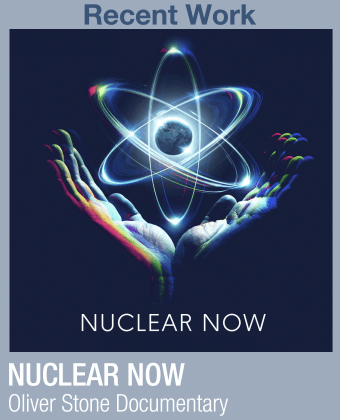


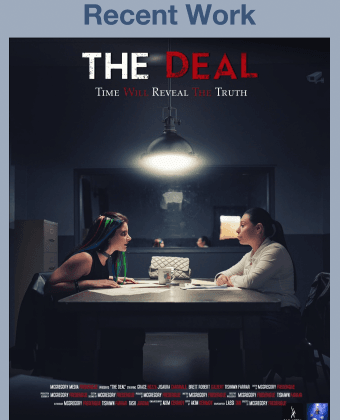
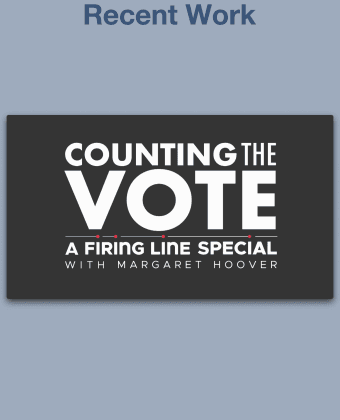
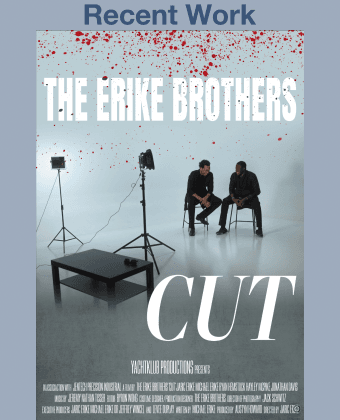
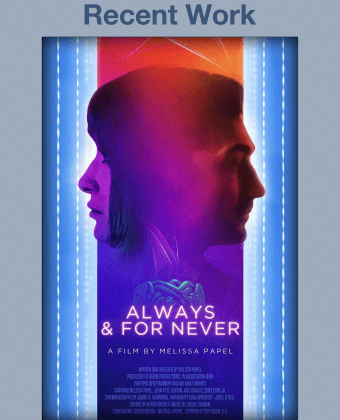
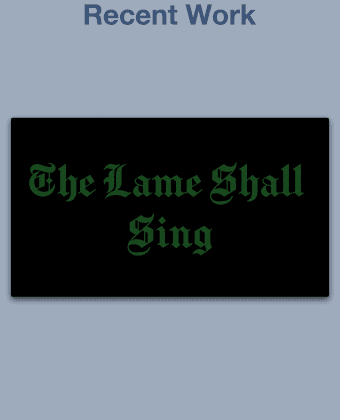
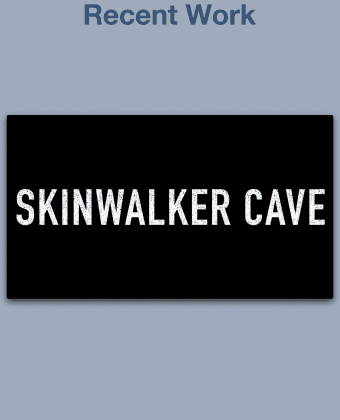

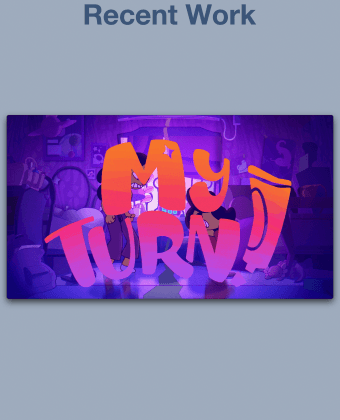
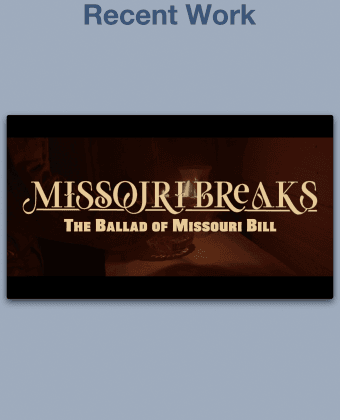













Size | 5-Day | 3-Day | 1-Day |
|---|---|---|---|
2K |
$10/Min |
$15/Min |
$20/Min |
4K |
$15/Min |
$20/Min |
$25/Min |
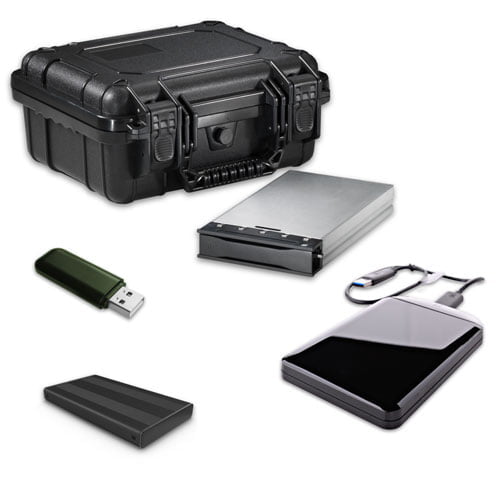
Send us your final video file and we'll ship out your final DCP on the drive of your choice.
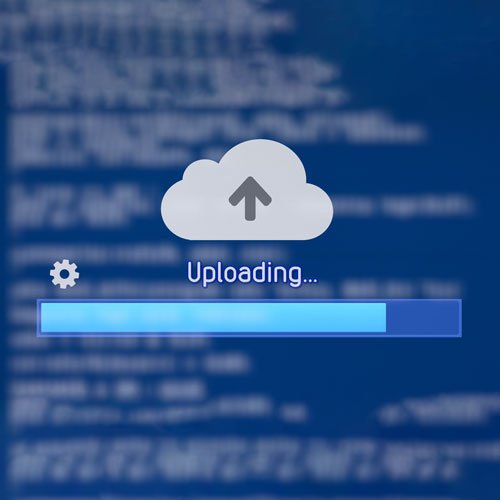
Send us your final video file and we'll upload your final DCP to our cloud storage where your venue can download it.
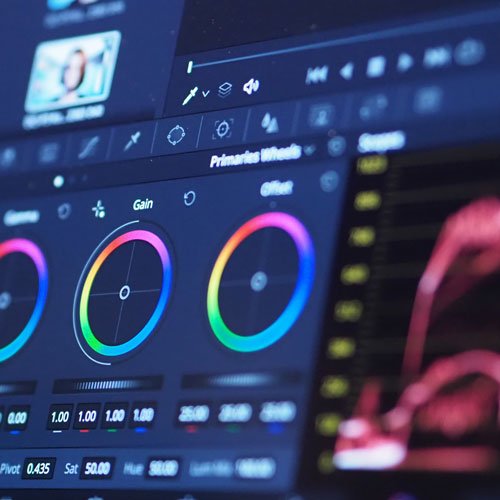
If you need that final touch to bring everything together complimenting your vision.

Securely store your DCP with us beyond the standard 6 months!
Choose an extended storage plan and access your DCP files anytime for festival screenings, re-uploads, or peace of mind.

Ensure your film is ready for any submission format with our Blu-ray Authoring service, tailored specifically for filmmakers.

Take the stress out of organizing your festival lineup with our comprehensive Festival Preparation for Producers service.
Pure DCP is a leader in digital cinema deliverables.
Our parent company, Full Swing Media, has been in the post-production business since 1998, finishing projects for some of the biggest names in the film industry.
No matter where your film is distributed, we ensure your content reaches its intended audience with professional quality and reliability.
Based in Los Angeles—the heart of the film industry—we leverage cutting-edge technology to create DCPs for filmmakers anywhere in the world.
From Academy Award-winning features to emerging web series, we serve a diverse global clientele with tailor-made solutions and personalized attention.
Ready to bring your cinematic vision to the big screen? Contact us today and let our experienced team guide you through the DCP creation process.
DCP creation refers to the process of converting digital cinema content into Digital Cinema Package (DCP) format, which is the industry-standard file format for digital cinema exhibition.
A DCP (Digital Cinema Package) is a collection of digital files used to store and convey digital cinema audio, image, and data streams. DCP production involves the creation of these files to ensure compatibility with digital cinema projection systems.
A DCP system encompasses the hardware and software necessary for the creation, distribution, and playback of Digital Cinema Packages (DCPs) in commercial cinema environments.
DCP was introduced in the early 2000s as a replacement for traditional 35mm film projection systems in cinemas.
The time required to create a DCP depends on factors such as the length and complexity of the content, as well as the specifications of the DCP creation process. Generally, it can take several hours to create a DCP for a feature-length film.
To create a DCP, you typically need digital cinema mastering software, high-quality source files, and knowledge of digital cinema standards and specifications.
The cost of creating a DCP for a short film can vary depending on factors such as the length of the film, the complexity of the content, and the service provider.
Prices area based on turnaround time ranging from $10-20/minute for a standard 2K delivery. 4K resolutions are slightly more.
DCP is often the preferred format for film festivals due to its high-quality digital presentation and compatibility with modern digital cinema projection systems.
You need a DCP (Digital Cinema Package) to exhibit your content in digital cinema environments, as it is the industry-standard format for digital cinema exhibition.
A DCP (Digital Cinema Package) is a collection of digital files contained within a specific folder structure, designed to meet the requirements of digital cinema exhibition.
Yes, DCPs can be sent electronically over secure file transfer protocols or delivered via physical media such as hard drives or USB flash drives.
DCP files contain digital audio, image, and data streams encoded according to specific digital cinema standards. These files are ingested by digital cinema projection systems for playback on the cinema screen.
Yes, it is possible to convert MP4 files to DCP format.
It is generally frowned upon as MP4 video files are highly compressed so you’re compressing and already compressed file which can lead to artifacts in the final picture.It’s always best to start with the highest quality possible.DCP is a digital file format used for digital cinema exhibition, while film refers to traditional celluloid film stock used in analog projection systems.
While it is possible to play DCP files on a computer using specialized software, DCPs are primarily intended for playback on digital cinema projection systems.
DCP resolution typically adheres to industry standards such as 2K (1998×1080 or 2048×858 pixels) or 4K (3996×2160 or 4096×1716 pixels).
A digital release refers to the distribution of content in digital formats, such as DCP, for exhibition in cinemas or streaming platforms, as opposed to traditional analog formats like film.
The two main types of DCP are Interop DCP and SMPTE DCP, which differ in their encoding standards and compatibility with digital cinema projection systems.
SMPTE is the new standard although there are some venues that still use Interop